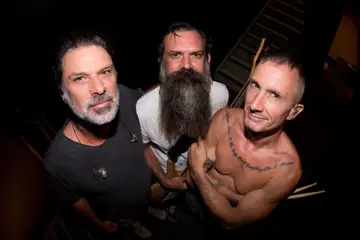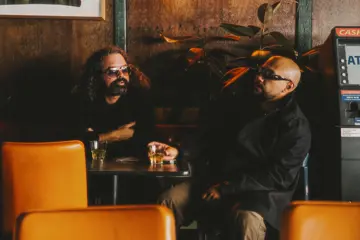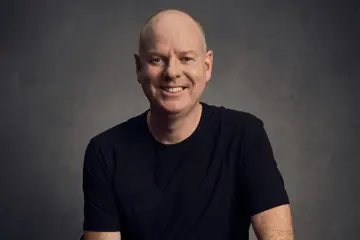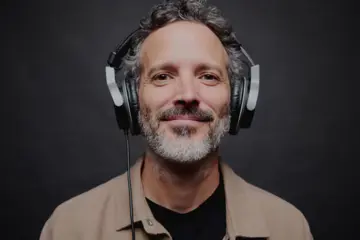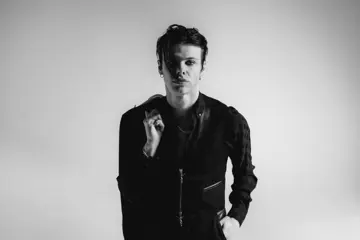Land Of Mine, a film about German prisoners-of-war clearing a Danish beach of live landmines in the wake of World War II, was among the nominees for Best Foreign Language Picture at this year's Academy Awards. Meaning that, yes, its director, Martin Zandvliet, was in the building for the infamous 'wrong envelope' moment.
"Well, it was certainly entertaining," chuckles Zandvliet, back in Copenhagen from Los Angeles, the Oscars debacle still fresh in his mind. "I think it's nice to know that people are still human, and that they make mistakes. And, then, that we have to work out how to fix them, to be honest and open. So, I liked it. Of course, I wasn't one of the ones on stage thanking their moms and their wives, and then having to stop and take it back. I was just someone in the crowd. So, to me, it was amusing."
"It was tough to direct in a language where you have no idea what they're saying."
The 46-year-old is in the middle of making his fourth film, The Outsider. His Land Of Mine follow-up is something radically different: a Yakuza movie about an American in Japan, which stars Jared Leto, Emile Hirsch, and Asano Tadanobu, and which was shot on location. The principle filmmakers — including his wife, cinematographer Camilla Hjelm Knudsen — were Zandvliet regulars, but the crew, and much of the cast, were Japanese.
"You can never prepare for working in such a different culture," Zandvliet says. "It was tough to direct in a language where you have no idea what they're saying. I directed out of facial expressions, mimicry, had dialogue coaches nearby, but I used the actors as well, wanting to make sure that they felt fine with everything they were saying. A translation of a script is never just a translation of a script: a sentence can mean so many different things, depending on how you say it."
Don't miss a beat with our FREE daily newsletter
The Outsider is, actually, Zandvliet's second film in a row not in his native tongue; much of Land Of Mine is spoken in German. It depicts a history of spun words: when the Danes conscripted captured German soldiers to remove landmines laid during World War II, the Geneva convention wouldn't allow "prisoners of war" to be kept after the ceasefire. So, instead, Denmark dubbed them "voluntary military personnel".
Zandvliet had heard these stories, but, upon researching it, he found that most of the German soldiers were kids, recruited late in the war to fight a losing battle. "When I went up to the cemeteries on the coast, and saw where these boys were buried - and how young they were, and how many there were - that's when I knew I had to tell this story," he offers. "I felt the need to tell it because, as far as World War II goes, we Danes have a tendency to tell stories as if we were only on the 'good' side. We become better people only if we learn from our past, not try to hide it."
This practice, of employing German POWs to undertake the dangerous task of mine removal, also occurred in Holland, Norway, and France. But, where those countries were occupied in a totalitarian fashion, the occupation in Denmark was more benign; the country largely functioning as normal under German rule. "We've always had a strange, complex relationship with Germany, because we were occupied, but in a less direct way," Zandvliet says. Following the release of Land Of Mine, he found that depicting this piece of dark Danish history - and, empathising the Germans therein as he did - opened some old wounds. "It created a lot of press here, and I got a lot of hate-mail from it," he recounts. "There were certain people who wished that I'd never told this story. People didn't find me patriotic enough - that old generation, that finds nationalism a positive thing."
"It's exactly the conversation I wanted to start," Zandvliet continues. "When I wrote it, and when we were filming it, Europe was closing down its borders to Syrian refugees. And, now, it's the global conversation: 'Let's close the borders. Let's close down Europe. Let's close down the States.' To me, it's a regressive step. People are judging each other, not helping each other, hate and fear are ruling over tolerance."

